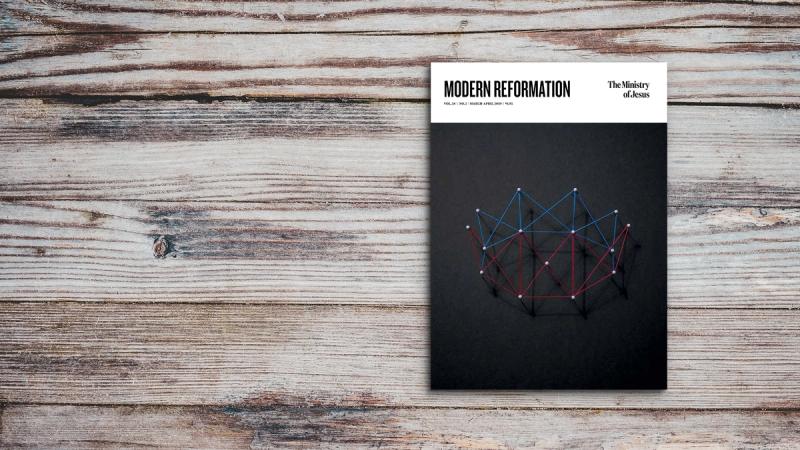You can almost create the scene from memory, having seen it played out so many times for so many different reasons. A crime is committed. The guilty one takes to the airwaves to issue a mea culpa. The crowd surges forward, intent on enacting swift and unmerciful justice. But no amount of public shaming, isolation, or loss of income can ever make up for the offense. Soon the original wrong is outpaced by social outrage, which grows more quickly than penance can be offered. Justice will never truly be complete. The debt can never really be paid. The guilty will languish while the righteous sniff out the next crime to prosecute.
Our society desperately needs atonement—the ability to rectify the wrong, to satisfy justice, to put away sin and guilt. Having excised civil religion from the common sphere, the general public no longer has the vocabulary to speak of forgiveness. At best, we forget some offenses. The lucky few who benefit from the public’s forgetfulness warily reestablish a place in entertainment, politics, sports, or business life.
It takes more than our own forgetfulness, however, to put away sin. We need atonement. Atonement means that sin has been paid for, justice has been done, the sinner has been redeemed, the lost has been found, the wrong has been made right. Atonement also carries with it the sense of finality: “It is finished,” Jesus said in John 19:30. And that’s what makes atonement both absolutely necessary and terribly frightening for many in our culture today.
To be finished with sin robs us of the ability to exact ongoing retribution. The drama played out for us on our newsfeeds and television screens every day isn’t so much about the nature of the sin being committed as it is about the power to control. “Outrage porn,” as some have called it, is an exercise of force. The louder the outrage, the more potent the force.
The biblical doctrine of the atonement runs counter to every societal impulse we have. The Lamb of God pays the price for sin. The victims of sin are told by God to forgive those who have sinned against them. The sinned against and the sinners even turn out to be the same people, since no one is righteous—no, not one, as Paul says in Romans 3:10.
Occasionally the cycle is broken—real forgiveness is offered and the world takes notice. Inevitably, the basis for that forgiveness is atonement. A grieving parent, a pastor’s widow, someone touched by undeserved tragedy and chaos speaks of God’s love, the cross of Jesus, their own need for forgiveness, and the world is shocked into paying attention by the surprise of it all.
The heart of the Christian message is still particularly relevant for our outraged culture. The preaching of the cross and the lived-out forgiveness extended by God’s people can be a powerful apologetic for a people who long for real justice but find themselves unable (and sometimes unwilling) to secure it. All we need is atonement.
Eric Landry is executive editor of Modern Reformation magazine.





